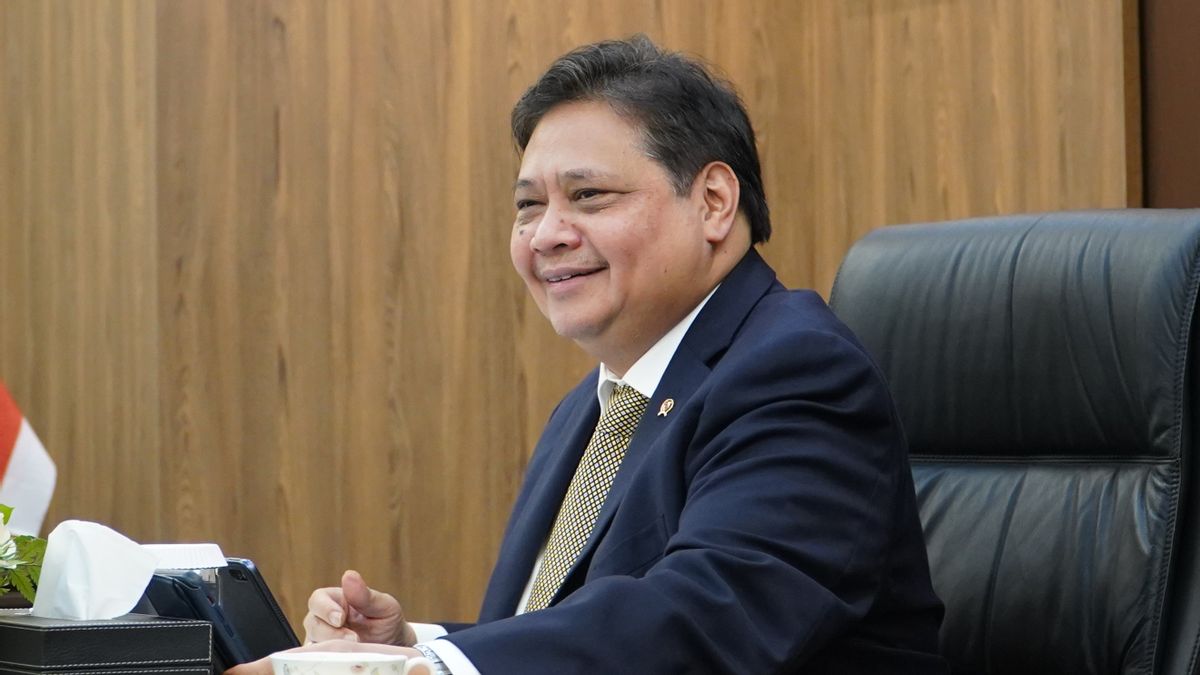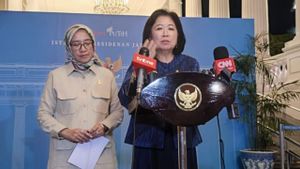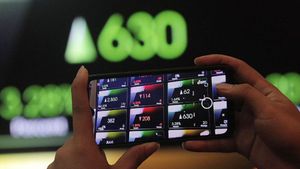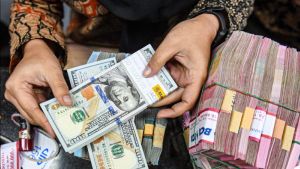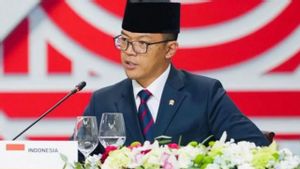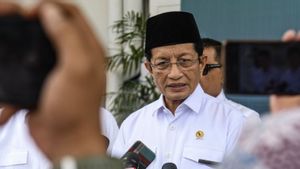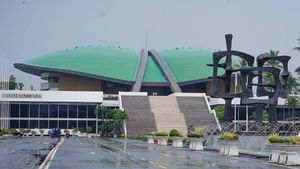JAKARTA - In the last two years, the resilience of the national economy was tested by shocks from the unprecendented global crisis of the COVID-19 pandemic that began to spread in Indonesia since the beginning of 2020. In response to the problems that impacted on multi-sectoral, the Government implemented various policies, including restrictions on mobility. community to prevent the spread of COVID-19, but also have an impact on reducing economic activity.
With these various conditions, the Government provided a quick response to restore the national economy by preparing various stimulus policy mixes supported by synergies and collaboration of various parties to ensure the survival and livelihood of the community is maintained.
One of these policies is the People's Business Credit (KUR) which is a capital assistance policy for MSMEs by providing additional incentives of 6 percent interest subsidies which make the KUR interest 0 percent in 2020 and these incentives will be continued in 2021 and 2022 at 3 percent. The government has also increased the KUR ceiling every year to reach Rp373.17 trillion by 2022.
The distribution of KUR has been utilized by MSMEs from various circles of society including new entrepreneurs, housewives, retired migrant workers, farmer and fisherman groups, as well as prospective migrant workers. The total outstanding KUR itself from 2015 to July 31, 2022 reached IDR 530 trillion and has been distributed to around 36.56 million debtors. Meanwhile, the KUR non-performing loan (NPL) ratio on May 31, 2022 was still recorded at around 1.03 percent.
The government has also initiated the Pre-Employment Card Program to improve the skills, productivity, and competitiveness of human resources as well as become semi-social assistance in the midst of a pandemic. Until the 40th batch which opened in early August 2022, the Pre-Employment Card Program has registered more than 13 million beneficiaries in 514 districts/cities with a benefit value of Rp3.55 million per individual. The beneficiaries are predominantly from rural areas and also target various levels of society including former migrant workers, housewives, and people with disabilities.
As one of the most massive government to people programs in the world by utilizing end-to-end digital technology, the Pre-Employment Card Program has created its own ecosystem involving 1,011 active trainings prepared by 179 training institutions and has received appreciation from various international institutions such as the Bank World, ADB, UNDP, UNESCO, and UNESCAP.
In an effort to realize the ideals and hopes of becoming an independent and sovereign nation in the economy, the Government is also always committed to encouraging the recovery of MSMEs through various financing supports such as KUR, Micro Business Productive Assistance (BPUM), Non-KUR Interest Subsidies, and Capital Credit Guarantee. Work. In 2022, the PC-PEN budget of Rp455.62 trillion has been allocated, of which Rp64.68 trillion has been allocated to continue providing support for MSMEs and corporations.
With the number of MSME actors reaching no less than 60 million and the contribution to GDP reaching 60.51 percent and employment reaching 96.9 percent of the total national workforce absorption, MSMEs have a very important role for the national economy and become one of the foundations of the national economy. a solid foundation of the nation's economy and proven to have resilience in every crisis.
In order to raise the class and competitiveness of MSMEs, the Government through various initiatives and policies continues to encourage MSMEs to adopt digital technology in order to be able to market their products through digital media or e-commerce. Until May 2022, the percentage of MSMEs on boarding has reached 63.7 percent of the total target of digitizing MSMEs of 30 million or has reached 29.8 percent of the total number of MSMEs.
In addition, in the extreme poverty alleviation program, especially for people most affected by the COVID-19 pandemic, the Government has distributed Cash Assistance for Street Vendors, Stalls and Fishermen (BT-PKLWN) to encourage purchasing power, business continuity, and the livelihoods of the perpetrators. micro-enterprises in areas affected by the pandemic.
The program, which also involved the TNI and Polri, was distributed in the form of cash assistance in the amount of Rp. 600,000.00 to 2.76 million recipients consisting of 1 million PKL-W and 1.76 million fishermen spread over 25 provinces and 212 cities/districts. .
Although various national economic indicators have shown a fairly attractive recovery trend, in 2022 the world is faced with multidimensional challenges that have high complexity, namely The Perfect Storm or 5C, namely COVID-19, Conflict, Climate Change, Commodity Prices, and Cost of Living. The global crisis and uncertainty have an impact on the disruption of global supply chains and cause food, energy and financial crises.
The IMF has also cut its projection for world economic growth in 2022 from 3.6 percent to 3.2 percent and projected higher inflation.
The government responded quickly to the global crisis and continued efforts to accelerate national economic recovery. The extraordinary policy mix taken by the Government resulted in an impressive performance with economic growth reaching 5.01 percent (yoy) in the first quarter of 2022 and continuing its performance in the second quarter of 2022 which was recorded at 5.44 percent (yoy), even based on constant price GDP. amounting to Rp2,924 trillion in the second quarter of 2022, which was able to exceed the pre-pandemic achievement.
"Our economic growth is extraordinary and is able to reach 5.44 percent, better than many other countries. We can achieve this because we are handling COVID-19 in a different way from other countries," said Coordinating Minister for the Economy Airlangga Hartarto, in his statement. , Saturday 20 August.
Furthermore, economic growth in the second quarter of 2022 was supported by the highest achievement on the production side which came from the transportation and trade business fields which increased 21.27 percent (yoy).
Meanwhile, on the expenditure side, the highest growth occurred in exports of goods and services, which increased to 19.74 percent (yoy) with the increase in commodity prices and strengthening output capacity. The highest achievement was followed by Household Consumption Expenditure (PK-RT) of 5.51 percent (yoy) which indicated the recovery of optimism and public purchasing power after the pandemic.
The increase in the value of exports contributed significantly to economic growth as well as demonstrated the achievement of a trade balance surplus. In the first quarter of 2022, the trade balance recorded a surplus of 9.33 billion US dollars and in the second quarter of 2022 there was a surplus of 15.55 billion US dollars, an increase of 148.01 percent (yoy).
Indonesia's trade balance has been in constant surplus for 27 consecutive months by recording the highest record in the history of the Republic of Indonesia in April 2022 with export values reaching 7.56 billion US dollars.
The English, Chinese, Japanese, Arabic, and French versions are automatically generated by the AI. So there may still be inaccuracies in translating, please always see Indonesian as our main language. (system supported by DigitalSiber.id)
